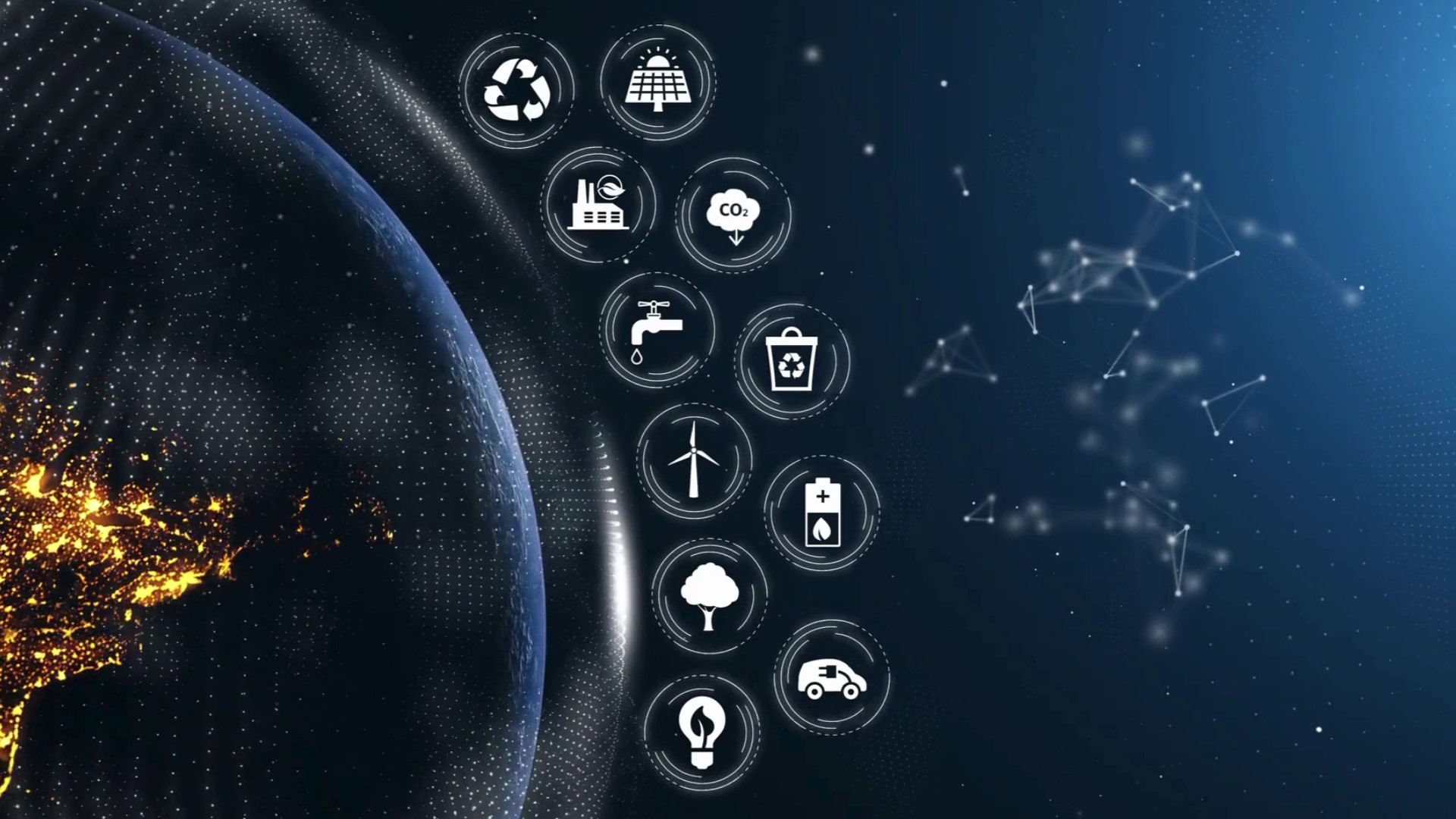Sustainable consumption and production (SCP) is at the core of the United Nations Sustainable Development Goals (SDGs), specifically addressed by SDG 12. This goal aims to "ensure sustainable consumption and production patterns," acting as a cross-cutting theme that feeds into other SDGs such as those related to climate change, poverty, health, and sustainable cities.
SCP involves using services and products in a way that minimizes environmental damage, preserves natural resources, and promotes social equity. The purpose is to decouple economic growth from environmental degradation, which means pursuing economic development in a way that can be sustained by the planet over the long term. SCP requires changes at all levels of society, from individuals to businesses to governments.
At the individual level, SCP implies making lifestyle choices that reduce environmental impact. This might include reducing, reusing, and recycling waste, choosing products with less packaging, and opting for more sustainable forms of transport like cycling or public transport.
For businesses, SCP entails adopting sustainable business models and practices. This could include improving resource efficiency, investing in renewable energy, designing products that are durable and recyclable, and ensuring fair labor practices.
At the government level, SCP involves implementing policies that support sustainable business practices and incentivize sustainable consumer behavior. This might involve regulations to reduce pollution, subsidies for renewable energy, and campaigns to raise awareness about sustainable consumption.
SCP also plays a role in several other SDGs. For example, sustainable production practices can help mitigate climate change (SDG 13) by reducing greenhouse gas emissions. Additionally, by reducing the pressure on natural resources, SCP supports the goals related to life below water (SDG 14) and life on land (SDG 15).
While progress has been made in certain areas, challenges remain in achieving the shift towards SCP. These include existing patterns of overconsumption, limited awareness about the impacts of consumption, and the need for technological innovation to enable more sustainable production.
To help companies strengthen competitiveness and resilience, the UN Global Compact Network UK, in collaboration with University College London, Newcastle University, and Euromonitor International, has developed the report “Trailblazers & Transformers: UK Business Sectors Redefining Sustainability,” examining how six high-impact sectors in the UK are performing against the Sustainable Development Goals (SDGs). Drawing on rigorous data and market insights, the report identifies sector-specific challenges, benchmarks performance, and presents actionable recommendations to support effectiv
Integrated Strategies for Developing Sustainable Energy Systems: From Carbon Capture to Energy System Optimization, 2026, Pages 1-12
This chapter supports UN SDG 7 (Affordable and Clean Energy) and SDG 13 (Climate Action) by introducing a comprehensive approach that integrates sustainable energy systems, carbon capture, circular economy, and sustainable development.
Next Generation Renewable Thermal Energy Harvesting, Conversion and Storage Technologies, Emerging Technologies and Materials in Thermal Engineering Series, 2026, Pages 177-216
This chapter supports the UN SDGs by advancing sustainable and affordable clean energy (SDG 7), promoting industry innovation and infrastructure (SDG 9), and ensuring responsible consumption and production through improved nanomaterial coatings for solar energy efficiency (SDG 12).
Next Generation Renewable Thermal Energy Harvesting, Conversion and Storage Technologies, Emerging Technologies and Materials in Thermal Engineering Series, 2026, Pages 449-484.
This chapter supports the UN SDGs by advancing sustainable and affordable clean energy (SDG 7), promoting innovation and infrastructure (SDG 9), and contributing to climate action through efficient geothermal energy utilization (SDG 13).
This content aligns with SDG 3 and 12: This chapter discusses the potential use of microorganisms (bacteria, microalgae, and zooplankton) to substitute high value foods such as fish meal, fish oil, and plant-based supplements.


